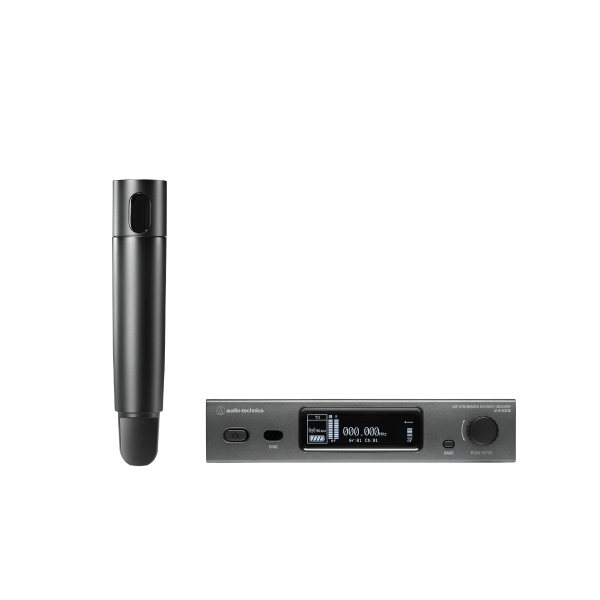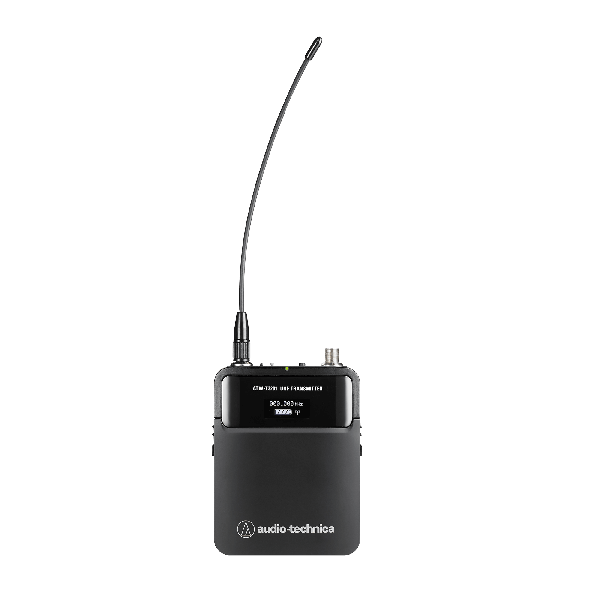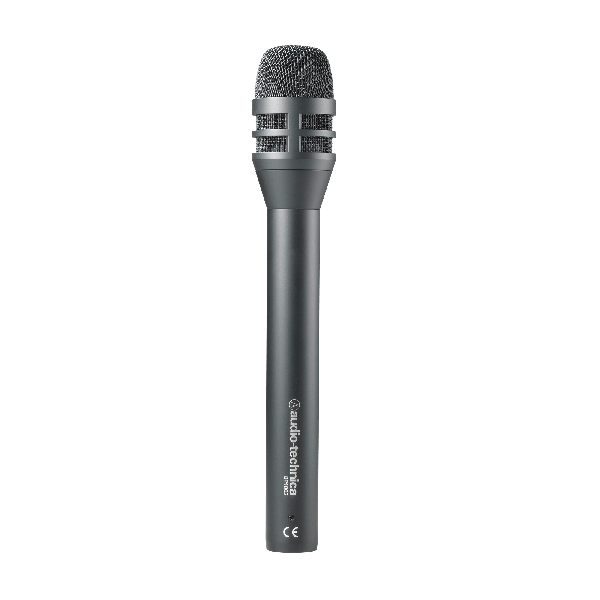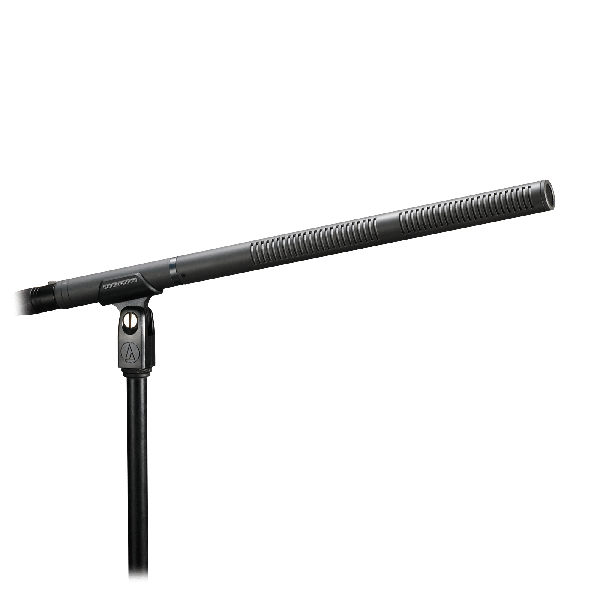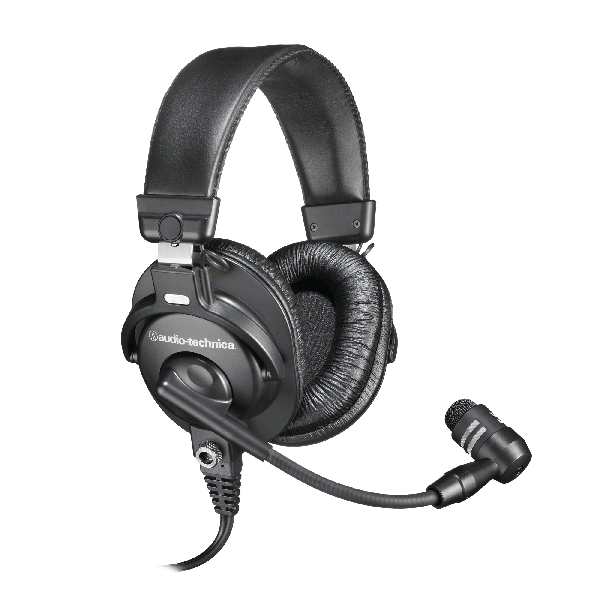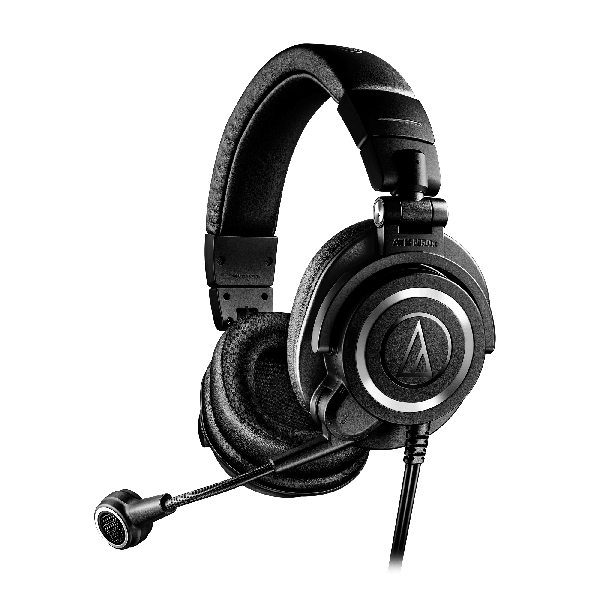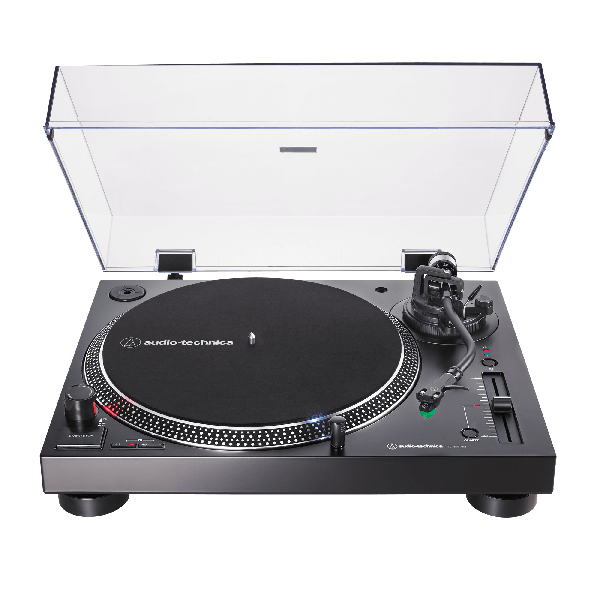Games Done Quick produces a series of charity events each year featuring speedrunners – gamers who compete to finish games in record time. These gaming events, like the upcoming Summer Games Done Quick in Minneapolis (June 30–July 6), raise money for Doctors Without Borders and Prevent Cancer Foundation, among other worthy causes, and welcome thousands of attendees, both in person and via livestream. Audio-Technica is proud to have contributed wireless systems, microphones, headsets and other gear to this unique, fun organization, which has raised more than $45 million for charity. We caught up with two of the guys that keep GDQ speedrunning, Mark Schwartzkopf and Jason Deng, to learn more about what’s involved with staging these events, the gear they love, and what lies ahead for the organization.
What do you do for Games Done Quick?
Mark Schwartzkopf: I handle all aspects of audio for the broadcast. The audio signal flow is quite complex in this event, so I do a lot of work ahead of time so that most things are automatic and audio engineers can focus on mixing instead of routing. I also put a lot of thought into onboarding/training audio engineers so that they can be up to speed quickly and be correctly prioritizing the things they can be doing to make the broadcast sound good, and make sure the people on stream can hear what they need to hear.
Jason Deng: I’m the Director of Technology. My role is to assist all departments in GDQ get the technical resources they need, and to prioritize GDQ projects to ensure all departments can perform their duties effectively and efficiently.
What does a typical day on the job involve?
MS: Typically, lots of troubleshooting and training volunteers. I also try to work one shift a day as the audio engineer to make sure my mind is actively focused on what could be improved.
JD: When not during an event, I make sure that our daily content is running smoothly and review the needs from the previous events along with planning budget and projects for future events. During events I make sure to continue communicating with on-site departments, including stream, interview, check-in and our partners to ensure that any additional needs are met. Any stream issues will usually involve my direct attention, some less-pressing issues I will make sure to communicate with department heads.
With Games Done Quick, you’re producing a live event and streaming it at the same time. What advantages and challenges come with that?
MS: In terms of audio, the live event does take a bit of a back seat, since there are so many more people watching online than in person, but we do try to set ourselves up for success and make it easy to think about strategies for feedback control that don’t adversely affect the broadcast mix, when it becomes necessary. For the most part, if we have tuned the house speakers as well as we can, a good broadcast mix should translate in the room.
JD: I think our audience appreciates the live nature of our event. Seeing runners perform live on a stage with a crowd behind them provides an excitement that is very difficult to replicate in any other setting, be it a recording or remote. Some of the best runs include the unexpected, allowing the runner to show off their deep knowledge of their games to find solutions to these problems.
We do focus on the streaming aspect, and engaging the live audience is something that we’re continuing to look into improving. This is especially true for our side events, where we do want to market ourselves to conventiongoers and give them something to interact with for being live at the event.
What does your setup look like for those events? What’s the key audio and video gear you’re using?
MS: In terms of audio, we use a lot of software control for our audio hardware. We’re currently in the Behringer/Music Tribe ecosystem for consoles and I/O, primarily because of how economical it is, and how easy it is to tie the APIs [application programming interfaces] into our broadcast software. We use a Wing console for the main broadcast mix and an X32 for the interview premixing. The Wing receives individual channels from our interview world that has its own audio tech, but those channels are all post-fader, and the broadcast mixer normally doesn’t have the need or the mental bandwidth to adjust them much.
JD: Some of the key pieces of gear for video and audio include Blackmagic Constellation 2M/E and 4M/E, Behringer Wing and X32, along with a custom rack with gear to take in RGB (RetroTINK 5X) and gear to perform upscaling/downscaling and framerate conversions (Roland). Most of our cameras are Sonys (FX).
We know you’ve been fans of the BPHS1 broadcast stereo headset for a while. What keeps you coming back to that model?
MS: There’s just nothing close to it in terms of price, clarity, reliability, consistency, and gain before feedback. The headphones also sound great.
JD: Durability for me is a big factor, along with ease of replacement of parts. We’ve replaced earcups, cables, and given that we travel a lot with them they’ve been some of the most durable pieces of equipment we own, with any issues capable of being resolved without replacement of the whole thing. Another big benefit of them is the ability to clean them easily and being easily adjustable for our talent to use. Due to the fact that we can’t just mike up talent and leave it there for the entire show, this versatility has been an underrated benefit.
What advice would you give others who are eager to start streaming live events?
JD: There’s no shame in starting off small and building. It’s important for streaming a live event to make sure the core experience for both the livestream and the audience is good. Scaling events is difficult and the larger the event, venue, etc., it becomes exponentially difficult to ensure nothing slips through the cracks. There are plenty of ways to make a small event unique, so focus on finding a strength and making that strength something an audience can only get with your event.
What’s your favorite game to speedrun?
MS: I don’t speedrun much, but I am 10th place on one of the Dr. Mario 64 leaderboards.
JD: The Legend of Zelda: Ocarina of Time Randomizer.
What’s next on the schedule for Games Done Quick? Do you have upcoming events, special streams, or anything else you’d like to share with our readers?
JD: Our 2024 slate is as follows: SGDQ2024 (June 30–July 6), Flame Fatales 2024 (August 18–25), PAX West (August 30–September 2), TwitchCon (September 20–22).
To learn more about Games Down Quick, visit gamesdonequick.com.
